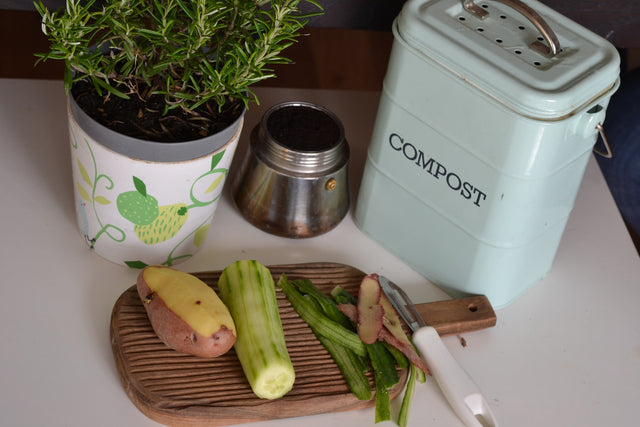

In a world where sustainability is key, one area where we can all make a significant impact is in our own homes. Food waste is a pervasive issue that not only contributes to environmental problems but also hits our wallets. Fortunately, there are simple yet effective strategies to reduce food waste in your household. Let's embark on a journey to minimize waste and make the most of the food we bring into our kitchens.
Mindful Meal Planning
Start by planning your meals for the week. Take inventory of what you already have and create a shopping list based on your planned meals. This ensures you buy only what you need, reducing the chances of ingredients going unused and eventually wasted.
Smart Storage
Proper storage is crucial for extending the life of your food. Be aware of expiration dates, and organize your fridge and pantry so that older items are used first. Invest in quality storage containers to keep fruits, vegetables, and leftovers fresh for longer.
Embrace Leftovers
Leftovers often get a bad reputation, but they can be a game-changer in reducing food waste. Get creative with repurposing last night's dinner into a new and exciting dish. You might be surprised at the delicious combinations you can create.
Freeze, Don't Forget
If you find yourself with excess perishables, consider freezing them. Many fruits, vegetables, and even cooked meals can be frozen for later use. This not only prevents waste but also provides you with convenient, ready-to-eat options on busy days.
Composting 101
For the unavoidable food scraps, start composting. Composting not only reduces landfill waste but also produces nutrient-rich soil for your garden. Get a compost bin and turn your kitchen scraps into a valuable resource.
Donate
If you have non-perishable items that you won't use, consider donating them to local food banks or shelters. It's a simple yet impactful way to ensure that food doesn't go to waste while helping those in need.
Educate and Involve the Family
Make reducing food waste a family affair. Educate everyone in your household about the importance of minimizing waste, involve them in meal planning, and encourage mindful consumption. Small changes collectively make a big difference.
By adopting these practices, you'll not only contribute to a more sustainable planet but also save money and enjoy the satisfaction of a well-run kitchen. Remember, reducing food waste is a journey and every small step counts.
